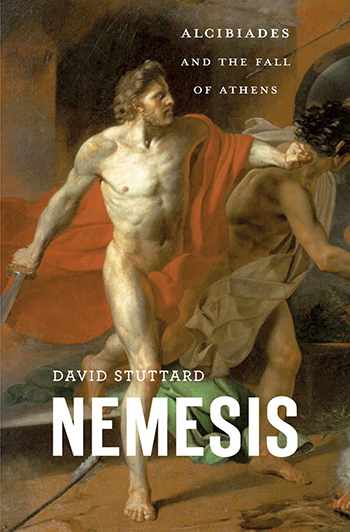I’m a classics guy, so the ancient Greeks and Romans inform a lot of my ideas about what manliness means, particularly in regards to the way they equated manliness with living a life of virtue. One of the best books that I’ve come across on how the Greeks saw manliness as intertwined with virtue is by professor of philosophy Angela Hobbs. In Plato and the Hero: Courage, Manliness, and the Impersonal Good, Hobbs goes into detail clarifying Greek concepts related to manliness, including the wild, Homeric virtues of andreia, or courage, thumos, or spiritedness, and time, or honor. Today on the show, professor Hobbs and I discuss these ancient notions of masculinity in detail as well why the philosopher Plato felt uneasy about them. We then talk about how much of Plato’s philosophy was about tempering these virtues so that they can be harnessed for the greater good of society and how that’s influenced our notions of masculinity today.




